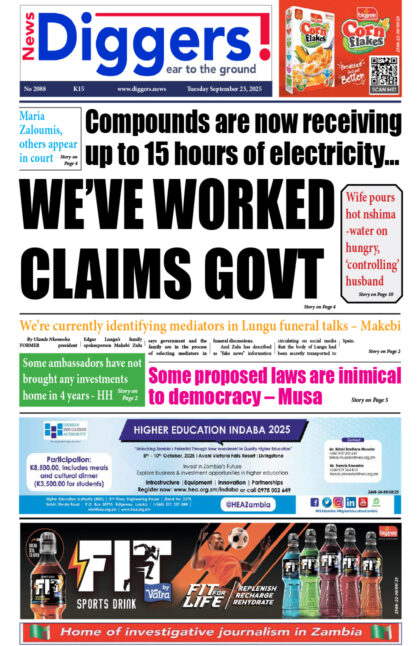WE are not an assembly of saints, a few people have tried to go off the rail, says Chief Registrar and Director of Court Operations Exnobert Zulu. And Zulu says there have been suggestions that the Chief Justice should also be allowed to sit on the Constitutional Court, but says that is subject to constitutional reforms. Meanwhile, Zulu says there is a positive delay in some cases to allow the parties involved to reconcile. Speaking when he featured on ZNBC’s Sunday Interview, Zulu said some judicial officers have actually admitted to receiving bribes and have been fired. “The issues of corruption like I said, we are not an assembly of saints, we do have a few people that tried to...
























